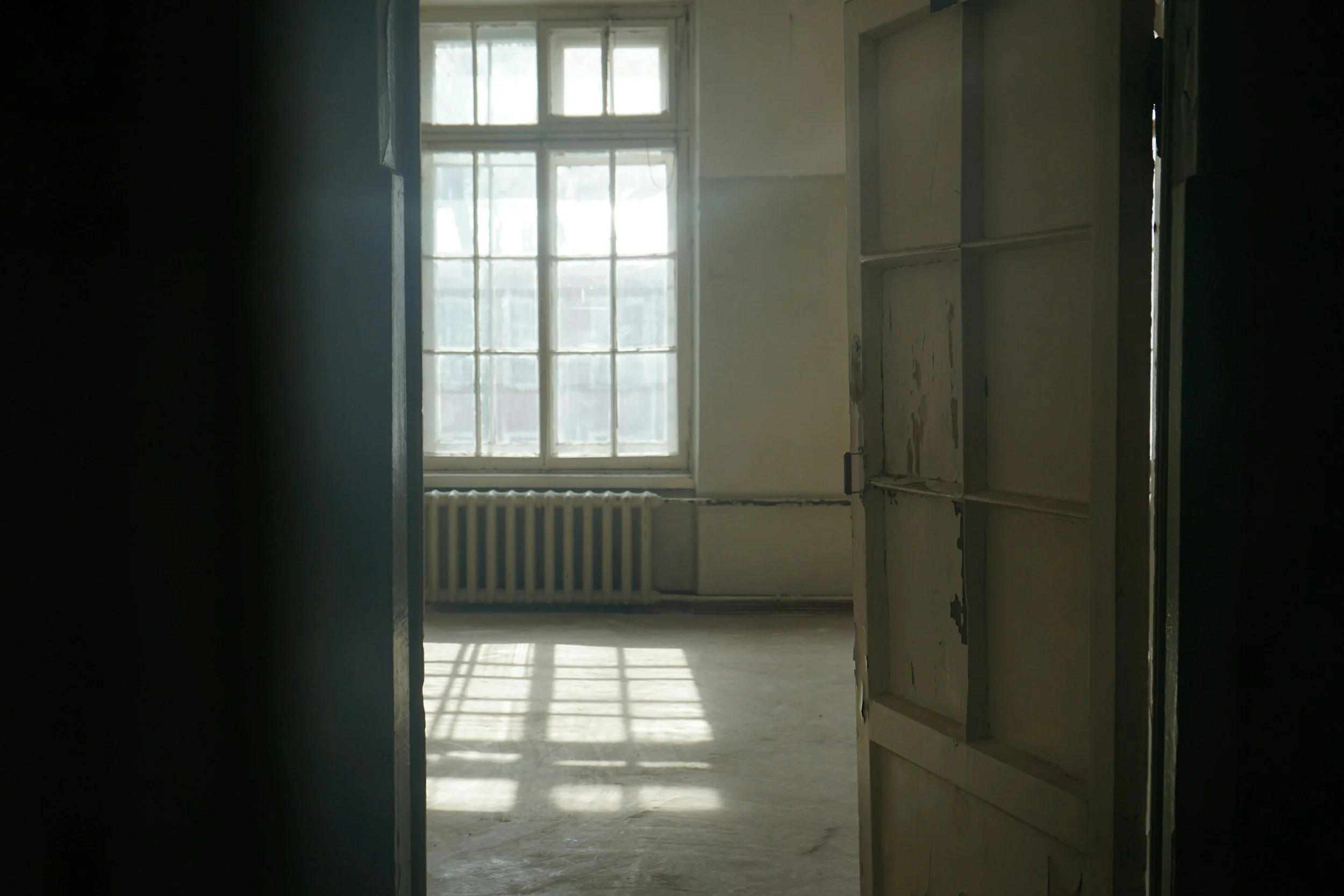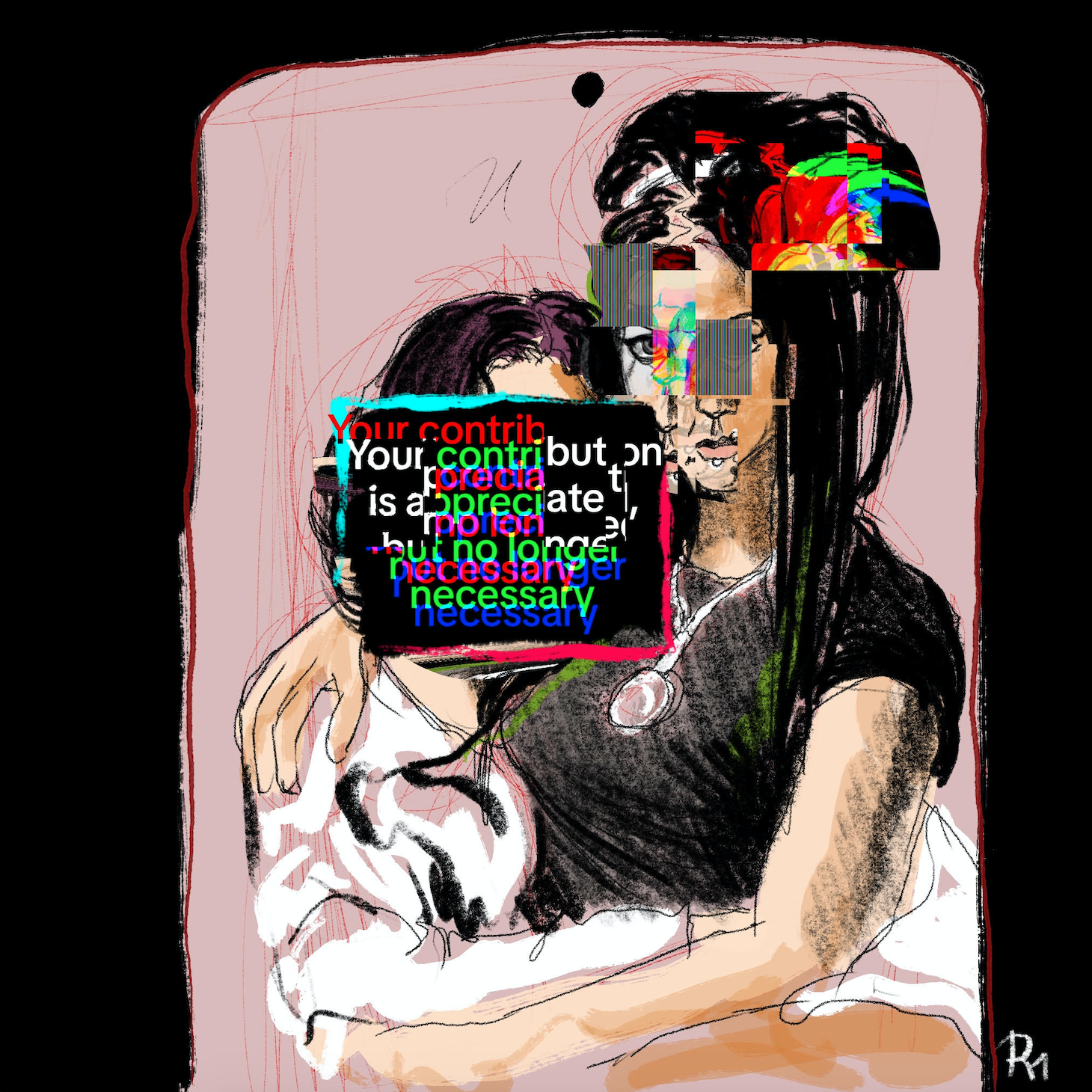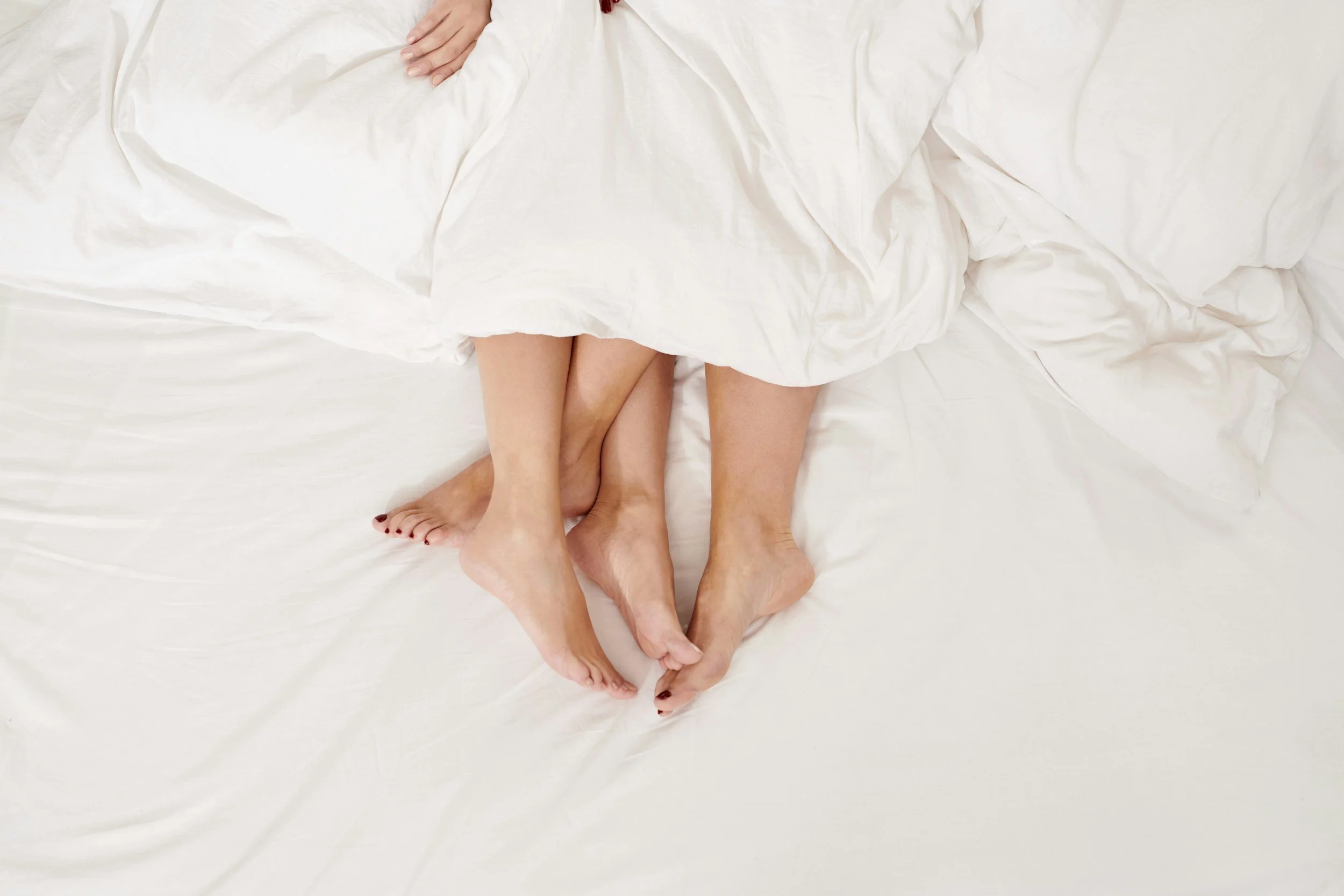The Exhaustion Behind Being “The Strong One”
Trigger Warning: mention of rape
The heartbreak - and strain - of becoming our parents carers. It’s something that isn’t talked about a lot, but what is the right way to look after age family members? Can there even be a right way?
I regret getting our dog. *Immediately checks for angry mob with torches and pitchforks*
It’s a truth that feels almost illegal to say out loud, but it is true nonetheless. One that’s probably shared by lots of people, but who also haven’t voiced it because of the accompanying guilt and shame (or fear of the righteous-dog-loving-angry-mob with torches and pitchforks).
If you told me four years ago that me and the chap I was dating would one day go our separate ways, I would have called you all sorts of parental- guidance-required-profanities and wouldn’t have liked you very much.
Yet here I am sitting on the floor of an (albeit rather beautiful) unlived-in rental property, at 35, childless, ringless, partnerless, my whole world upside down and inside out and my very nervous nervous system buzzing a different kind of buzz to when we shared our first kiss underneath a bus shelter 365 days X 4 ago.
It was only when I moved to a big new city at the age of thirty that I began to think consciously about friendship. I remember my first Friday night in my rental flat, sitting on my bed doing endless sudokus for want of evening plans, the city beyond my window alive with the rev of motorbikes and distant sirens. ‘Okay’ I remember thinking. ‘I suppose I ought to go out and… find some… friends?’ The notion was weird. It was as though I’d just learned my hair would no longer grow unless I grimaced and strained.
I live in House Number 38 with my husband and two little boys. We moved to Number 38 when my health began deteriorating rapidly and I was at the time unsure about what was wrong with my body. Personally for me, moving into this house brings back very difficult memories of struggle, chaos and constant change.
One friend, Jackie, who has raved ‘through pregnancies, bringing up children [and] going through trauma’, describes nights out as ‘losing touch with the stresses of life even just for a short time’. To rave then, is to heal.
In August 2007, myself and my then girlfriend, Sophie Lancaster, were attacked whilst out one night. For those unaware, we were attacked by five people in a park, leaving both of us in comas, from which only I was able to awaken. In the eighteen years that have passed since, this story has, like the medium of true crime, not really ever gone away. Most likely due to the actions of the foundation that was set up in Sophie’s name, the story has remained active in certain circles ever since, and new tellings of the story will periodically emerge.
In this piece, author Alice Ketley explores the challenges of job-hunting as a young professional living with a disability and mental health condition. Through her experience of being made redundant in March 2024, she sheds some light on the harsh realities of navigating the competitive UK job market while facing discrimination and inaccessible interview processes.
Recent Christmas and New Year festivities saw families gather, swap gifts, and “make merry” - something widely expected by social norms. But for those, who are estranged from their family, the picture can be a very different one.
Did you know that 1 in 100 of those who are assigned female at birth will go through recurrent pregnancy loss (RPL)? In the United Kingdom, a recurrent pregnancy loss is when someone who is AFAB goes through 3 or more pregnancy losses (with or without a successful pregnancy between the losses).
When you start trying for a baby, you don’t ever think that you’ll become part of that 1 in 4 statistic, and you definitely don’t expect that you’ll become part of that 1 in 100 statistic.
Group chats, while at times helpful, rarely spark pleasure. Instead, they’ve become another layer of digital noise in an already overwhelmed world brimming with emails, notifications, and the existential dread of blue ticks left unanswered.
Every year as December approaches, I’m struck by the magic of the season - the streets lighting up, festive music filling the air, and the sense of anticipation building around the holidays. But alongside the charm, I can’t shake a sense of discomfort with what Christmas has become for so many of us: a whirlwind of consumerism, waste, and, often, unmet expectations. I find myself wondering how we got here - how a holiday meant to bring joy and connection has morphed into something that can feel so forced, stressful, and detached from its original purpose.
Sure, I knew he had kids. We met on Tinder and it was on his profile that he had two daughters aged eight and eleven. We talked about them on our first date; how they both played football and how he’d tried his best to be the best dad he could to them after the breakdown of his marriage. I’d dated men with kids before, but never got to the stage of meeting said kids. I’d never been against it, but honestly, when you first start dating, they’re kind of a concept rather than a reality.
I’ve been seeking connections with people my entire life and throwing myself into different iterations of community.
My need for connection hasn’t decreased as I’ve grown into an adult, nor has my love of dance, which is why I began taking Lindy Hop classes seven years ago. Lindy Hop is a Black American swing dance that originated in Harlem in the 1920s before gaining huge popularity in the 1930s and 1940s. It’s a partnered dance with lead and follow roles, designed to encourage improvisation on a social dance floor.
When did our internal monologue suddenly adopt a no-nonsense, authoritarian approach rivalling the Wormwoods? Why do we become self-flagellating adults who berate themselves for every little misstep?
When I got in the room I was told to sit down and then a couple of nurses came and got me. They pulled back the curtain that wrapped around the bed she lay in. I saw the redness of my partner’s face, the wet around her eyes. I asked ‘What’s happened. Did it hurt?’
And she said ‘no, but they think I have cancer.’
When I became disabled, one of the things that I struggled the most with was just how much my life changed, practically overnight.
It wasn't just that I was adapting to no longer being a healthy, able-bodied person, but I was also suddenly transitioning from being able to do so much, so easily, to having a mountain of access needs that had to be fulfilled in order for me to do anything.
You’ve been with your partner for a long time, but your sex life has been dwindling. Weeks turn into months of no sex and you’re starting to wonder what you’ve done wrong. I’m here to tell you that you’re not alone.
The game slowly defrosted my hibernation and resuscitated my ‘spark’. It provided me a safe space to practise my speech, to train my ability to concentrate, remember details, and untangle the messy earphone cables of thought that made up my mind; to not think about what I couldn’t do but to test the limits of my imagination, which, as it turns out, now feels pretty limitless.
Those first few weeks, even months, are so special. You and your partner are just in your own little bubble with this gorgeous little baby that you have spent months waiting for. Nothing can compete with those first moments; watching their hair grow, those first sparks of a personality. But what most aren't prepared for, like myself, is when ‘the bubble’ pops.
Fast forward over all the trials and tribulations, failed efforts and false starts to me in my mid 50’s and I’m actually doing it. I’ve just completed two years at college studying HNC and HND photography and now I’m finally off to Bower Ashton to do a BA!
Picture this: you’re finally pregnant and expecting your first child after years of people extolling the virtues of having children. Suddenly, the narrative is flipped, it’s no longer the best thing to ever happen to you. Unfortunately, you are now doomed to live a joyless life of servitude to said child. It almost feels as though you have been duped, scammed into some sort of parenthood pyramid scheme from which there is no escape.
His stubbled cheek brushed lightly against mine as he moved his lips so close to my ear that they sent a shiver down my spine. With his deep, gravely voice, he whispered these endlessly romantic words: you’re pretty fuckable for a fat chick.
Too old to work, too old to attract a mate, too old to bear children. Without realising it, I was getting ready to die. I was finished.
Except I wasn’t.
Commenting on other people's bodies, or rather, refraining from doing so, is a topic increasingly circulating not only on image-heavy platforms like Instagram, but also in the collective consciousness. The more people I meet, the more I realise that attitudes are changing, or at least, some thought is being invested into what is and is not acceptable or appropriate to say to someone about how they look.
There’s a quote from Jeremy Bentham – “Stretching his hand up to reach the stars, too often man forgets the flowers at his feet”. I think that this is true of many of us.
It’s been about 14 years since we’ve been in touch. Why did we lose touch? I honestly don’t know. We were in our early 20s and had both graduated from separate universities, and were taking tentative steps into whatever came next. Neither of us knew what lay ahead but somehow, on the walk to get there, we moved at different speeds and drifted in different directions. I sent you texts every now and again, on birthdays and when you just popped into my head. But you didn’t respond.
There were 5 people involved in the efforts to save my Dad, one of whom grabbed a snorkel and fins from his barge and went under the boats to try to rescue him putting his own life at risk. Incredible. Truly. It must have been so scary for them to have been witness to the shocking and fast moving drama that unfolded that day
Straight Through Processing (STP) is used in almost all industries in the world and is used just as much as the internet. When a person pays for anything using a Credit or Debit card, they are using STP.






























